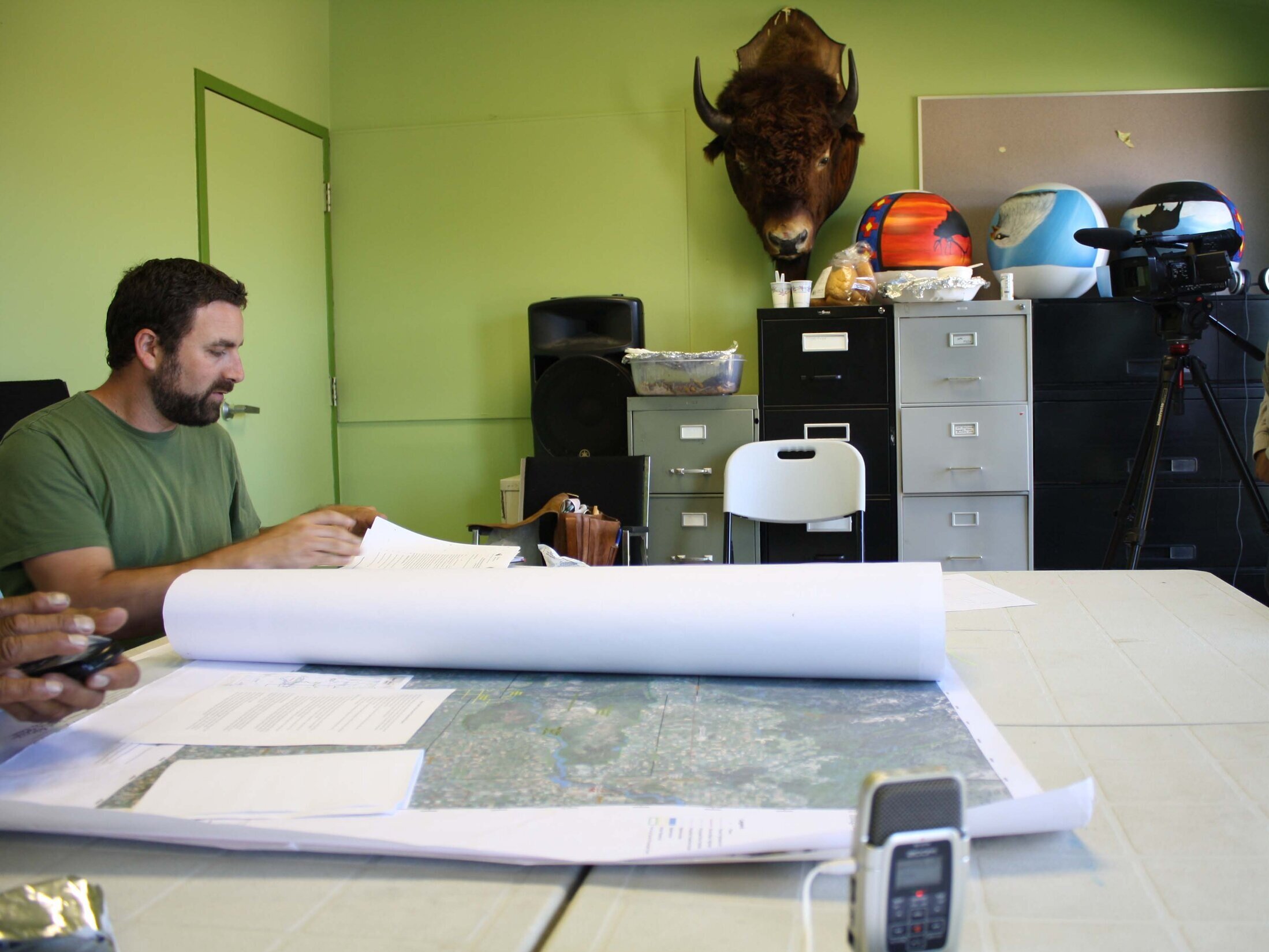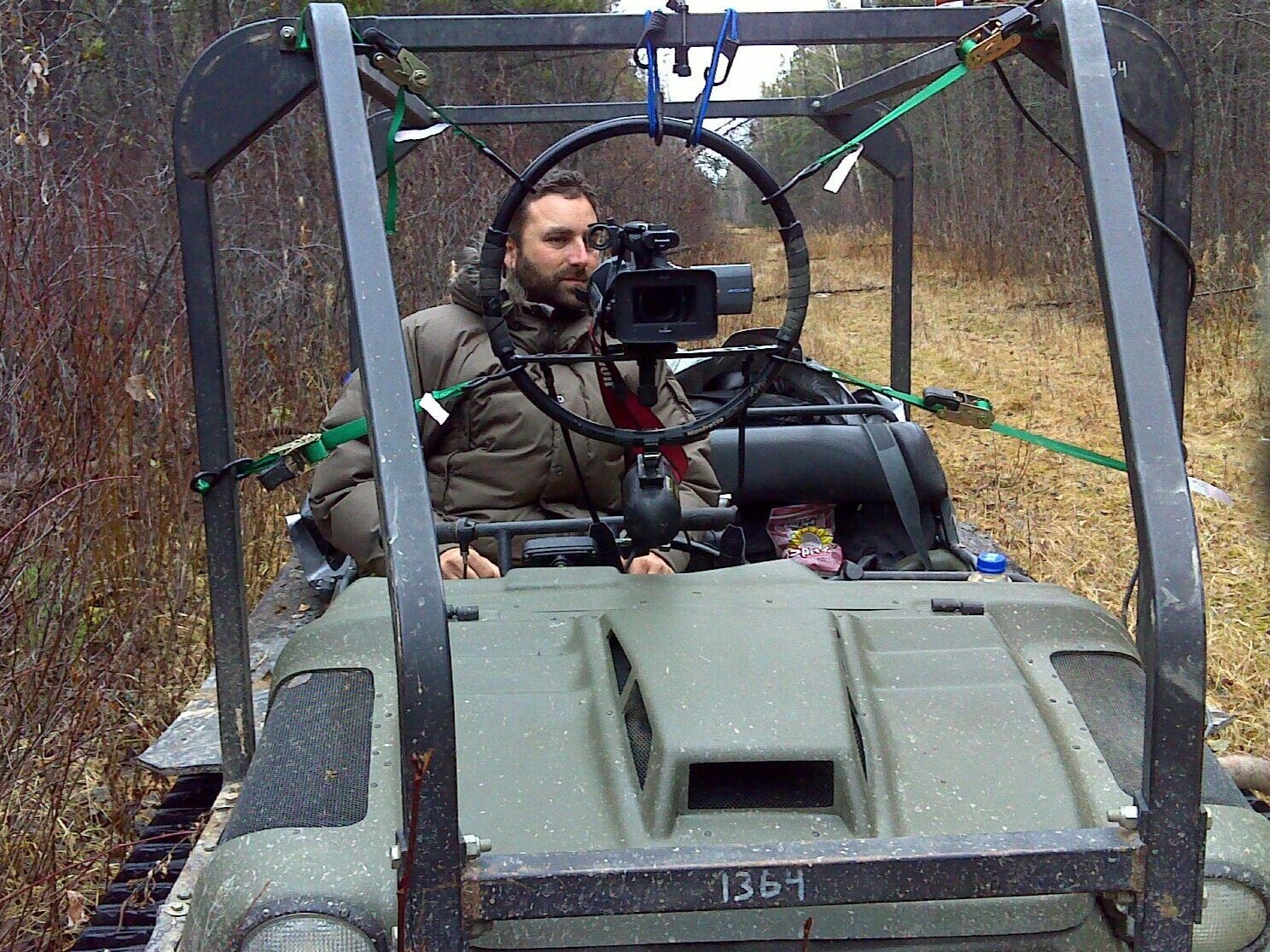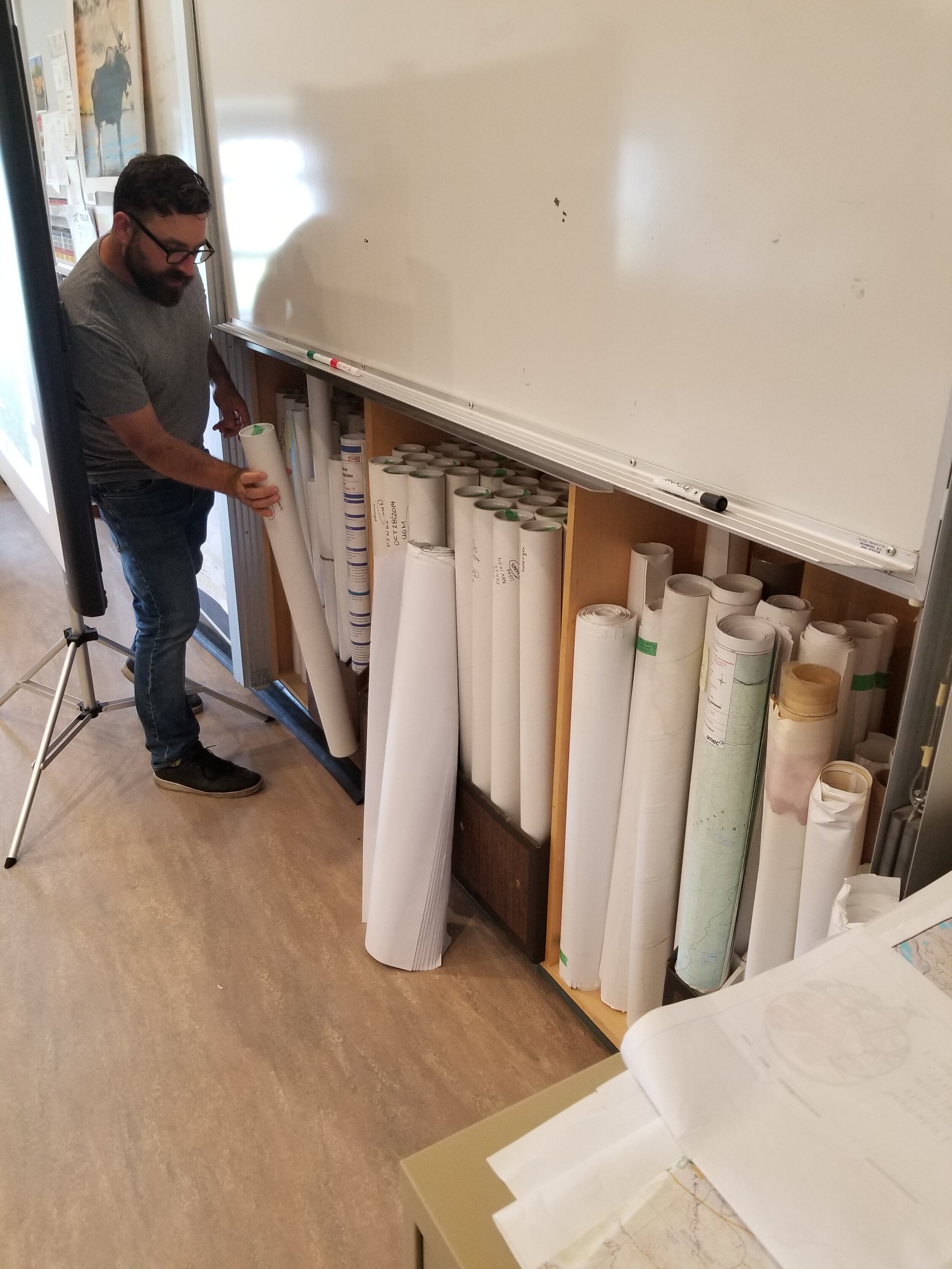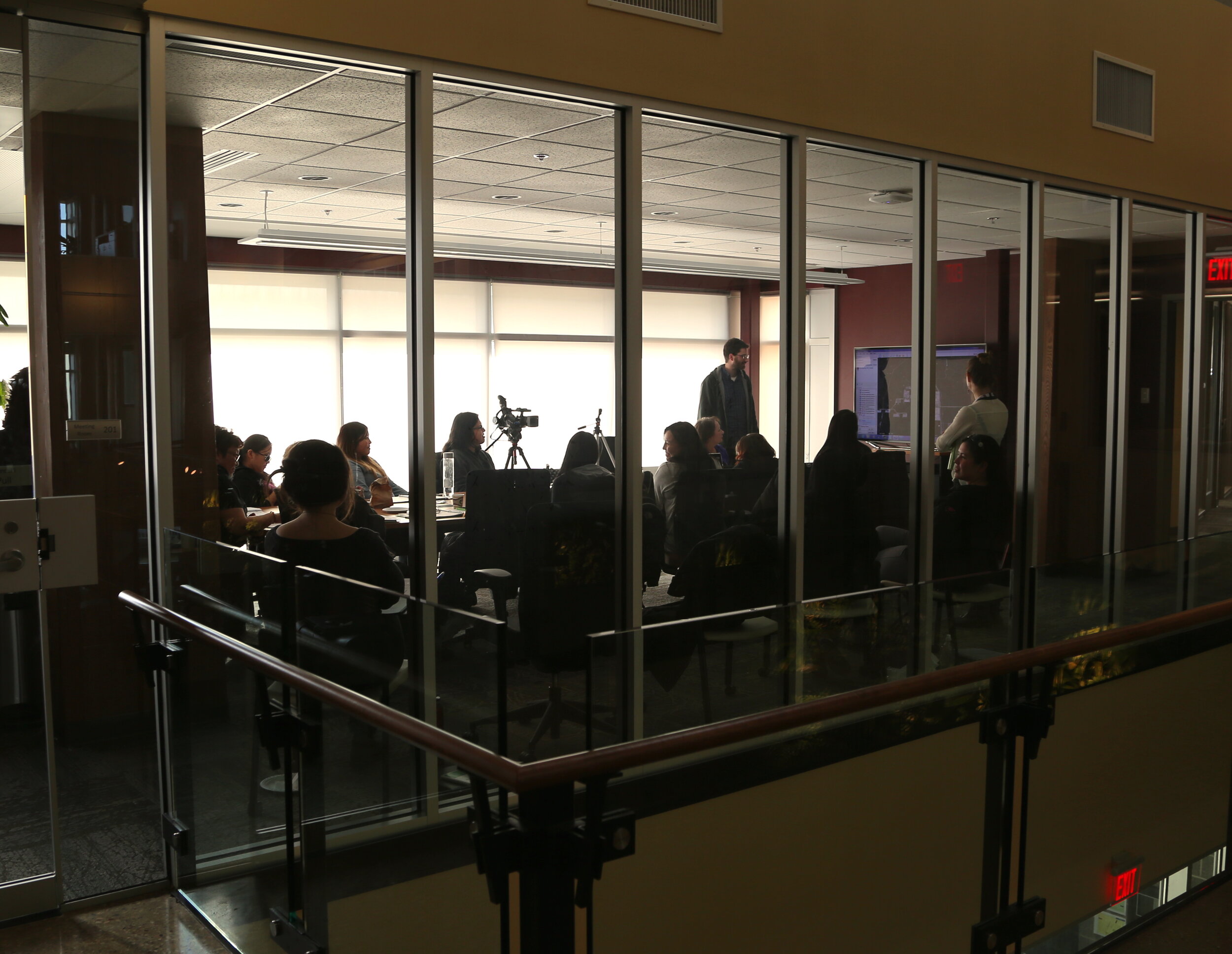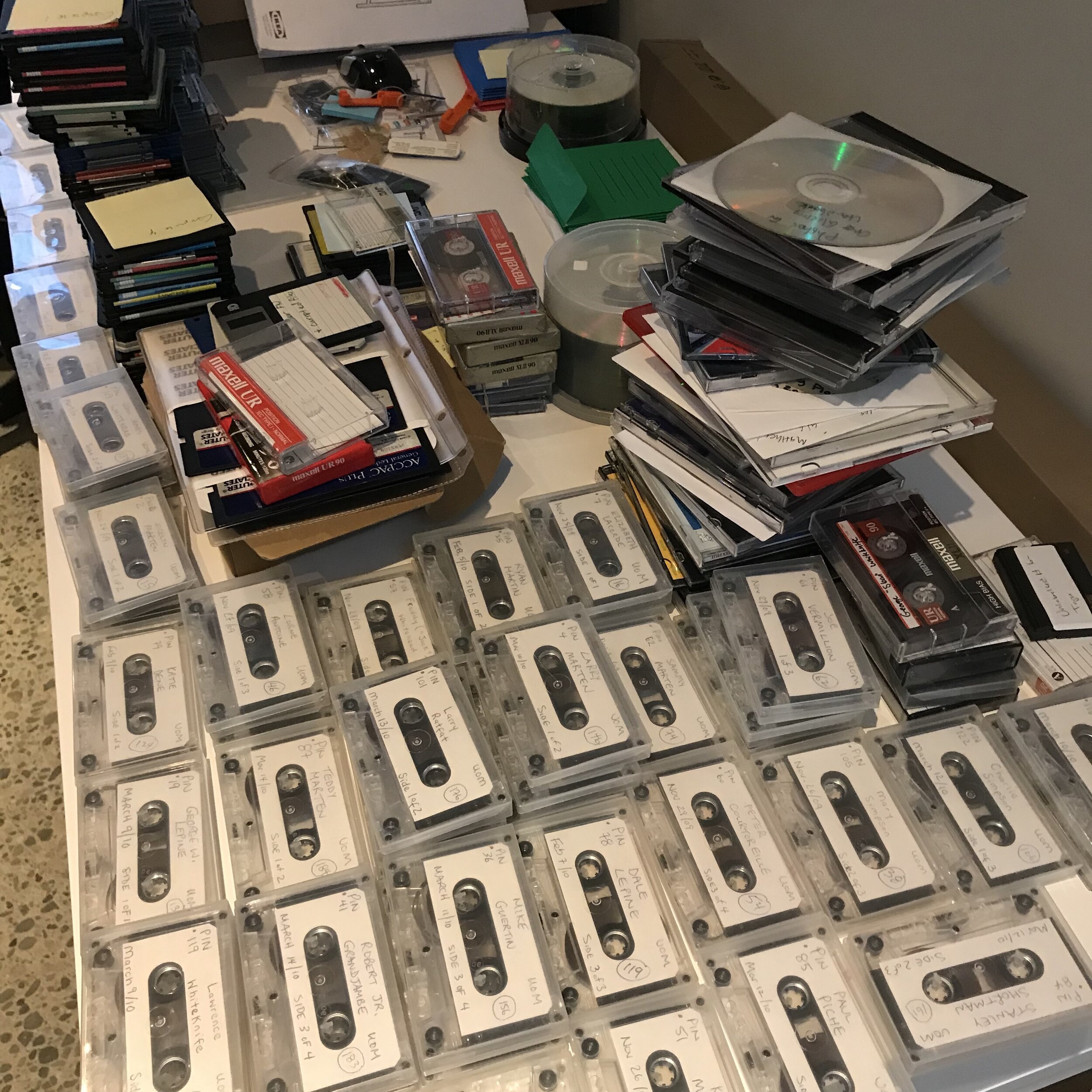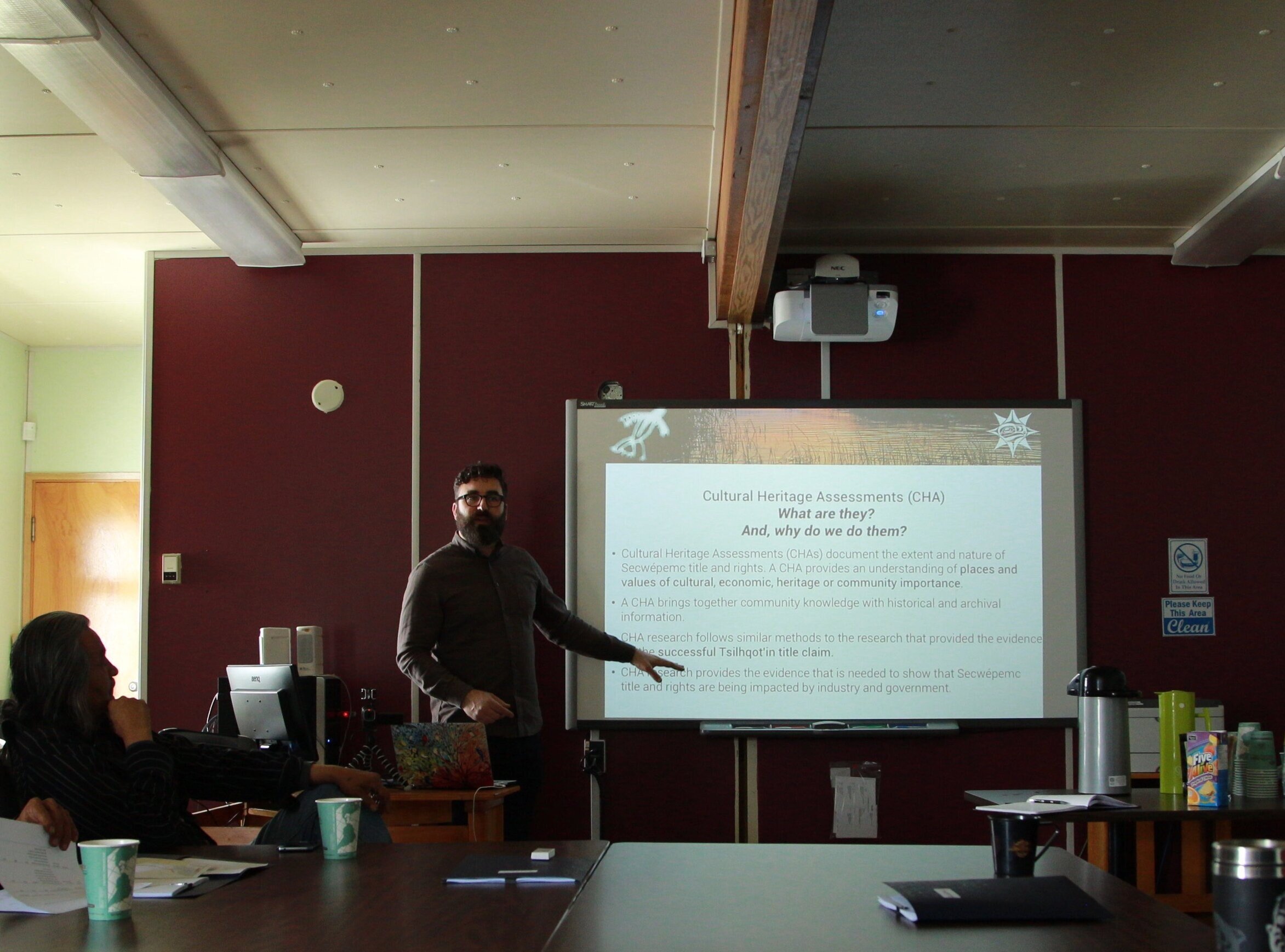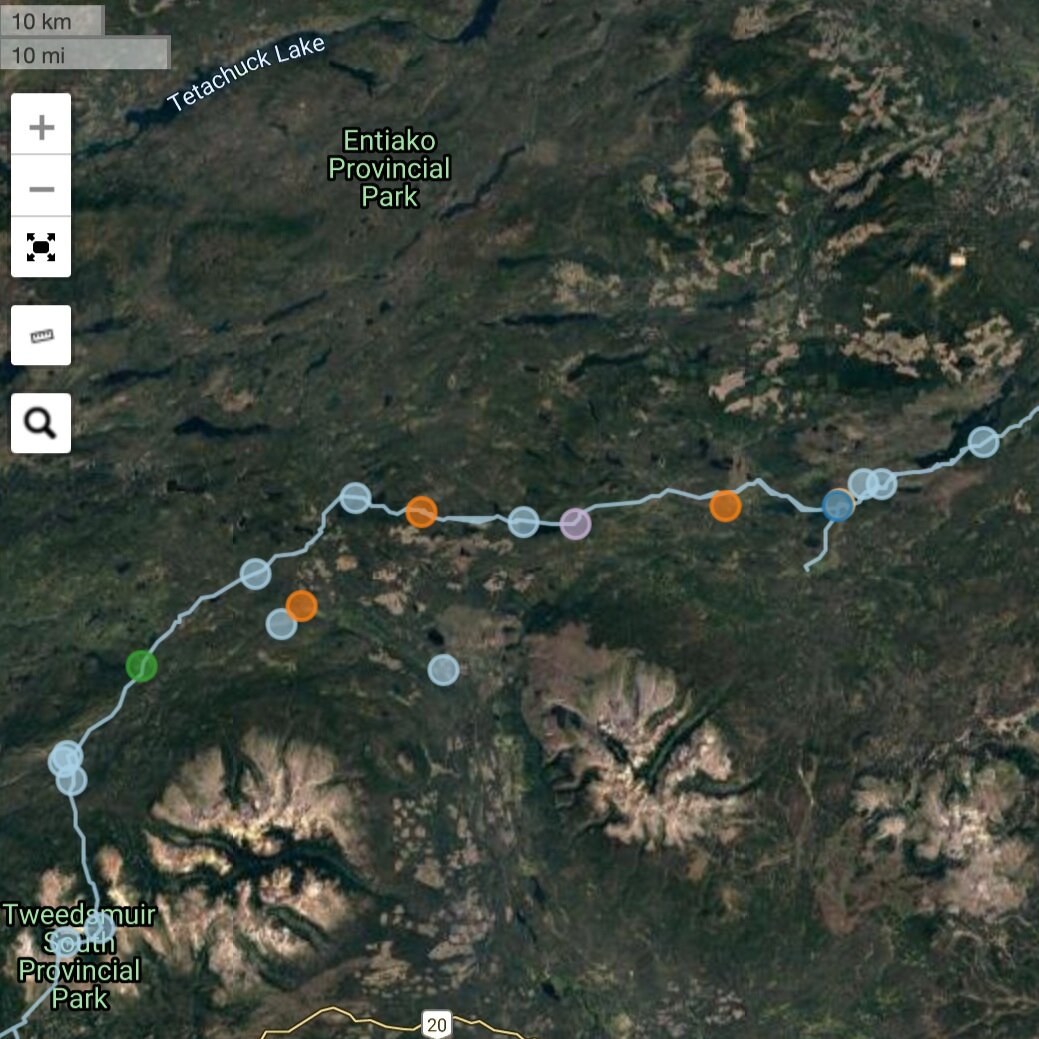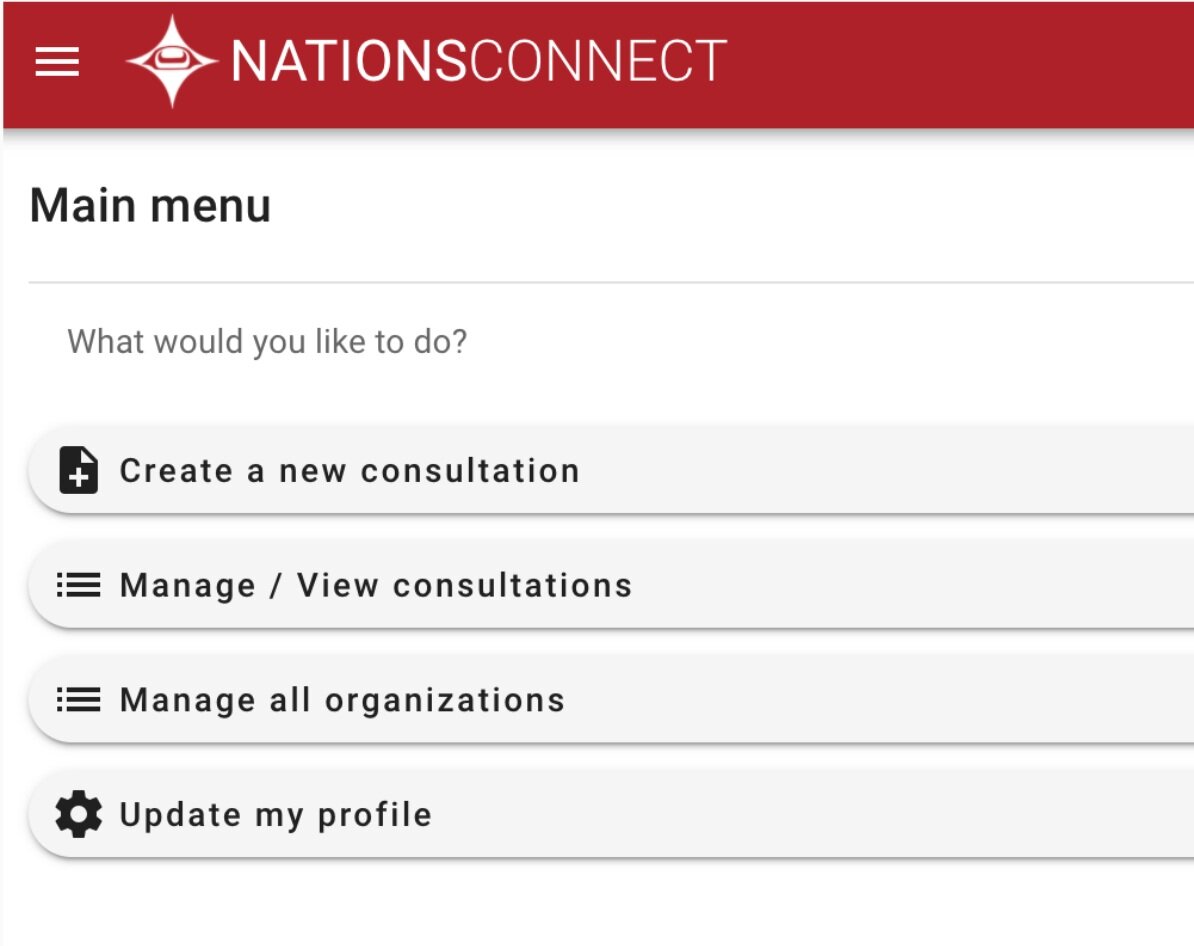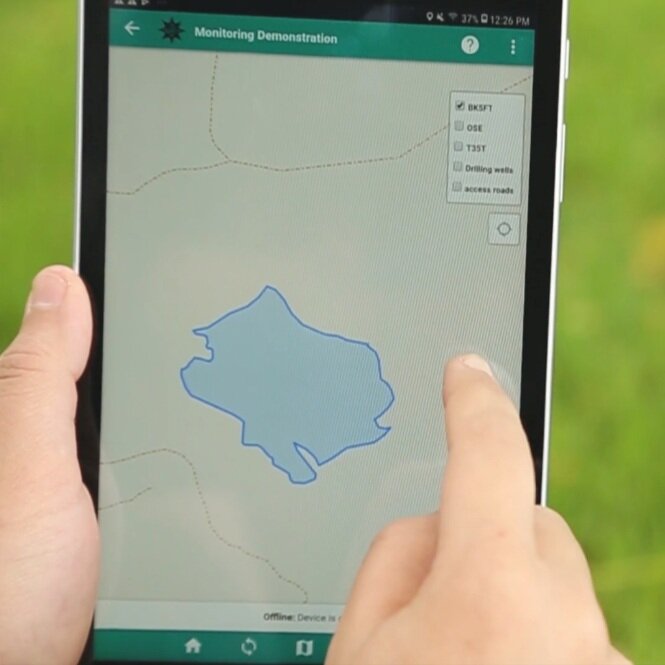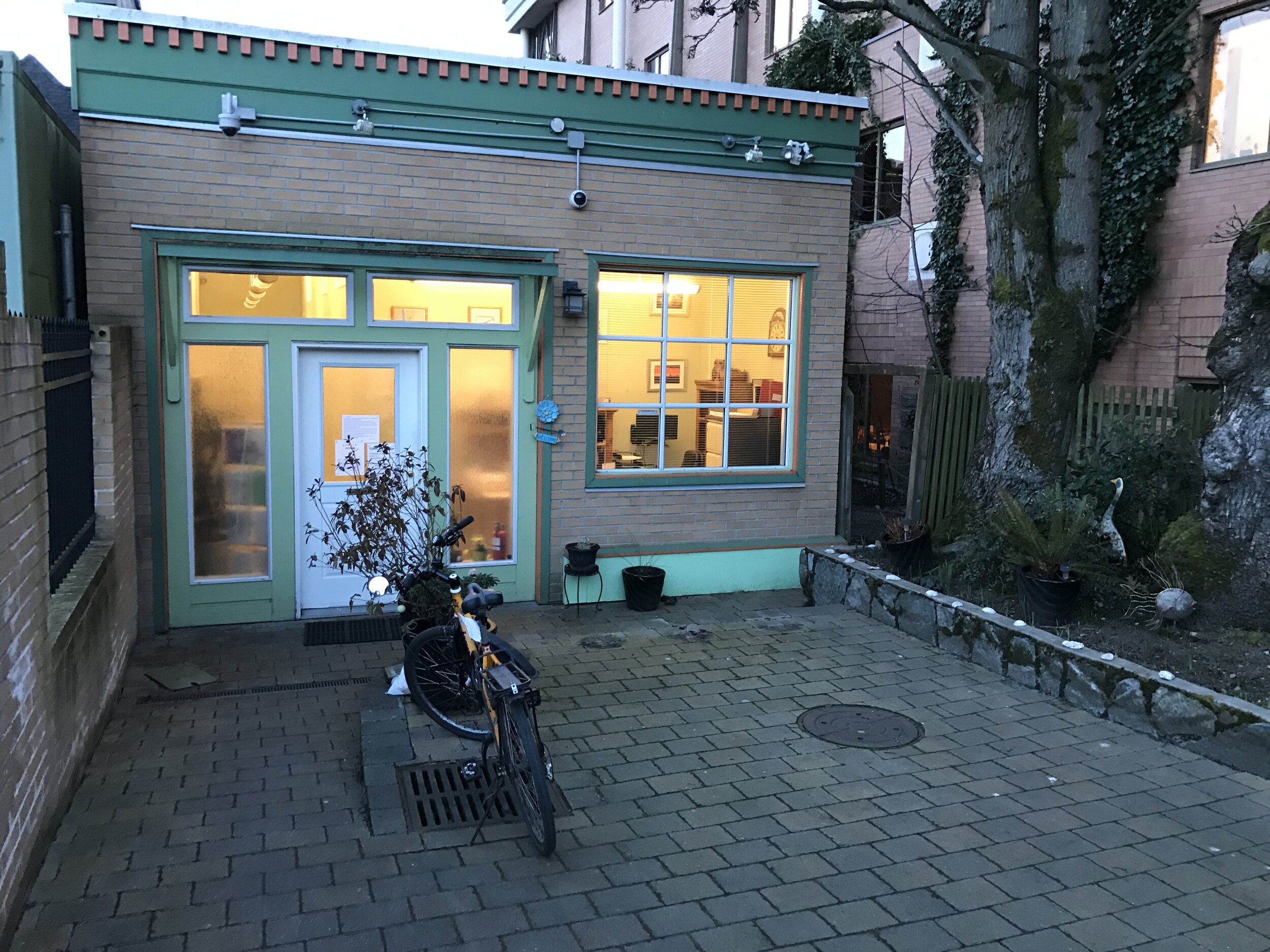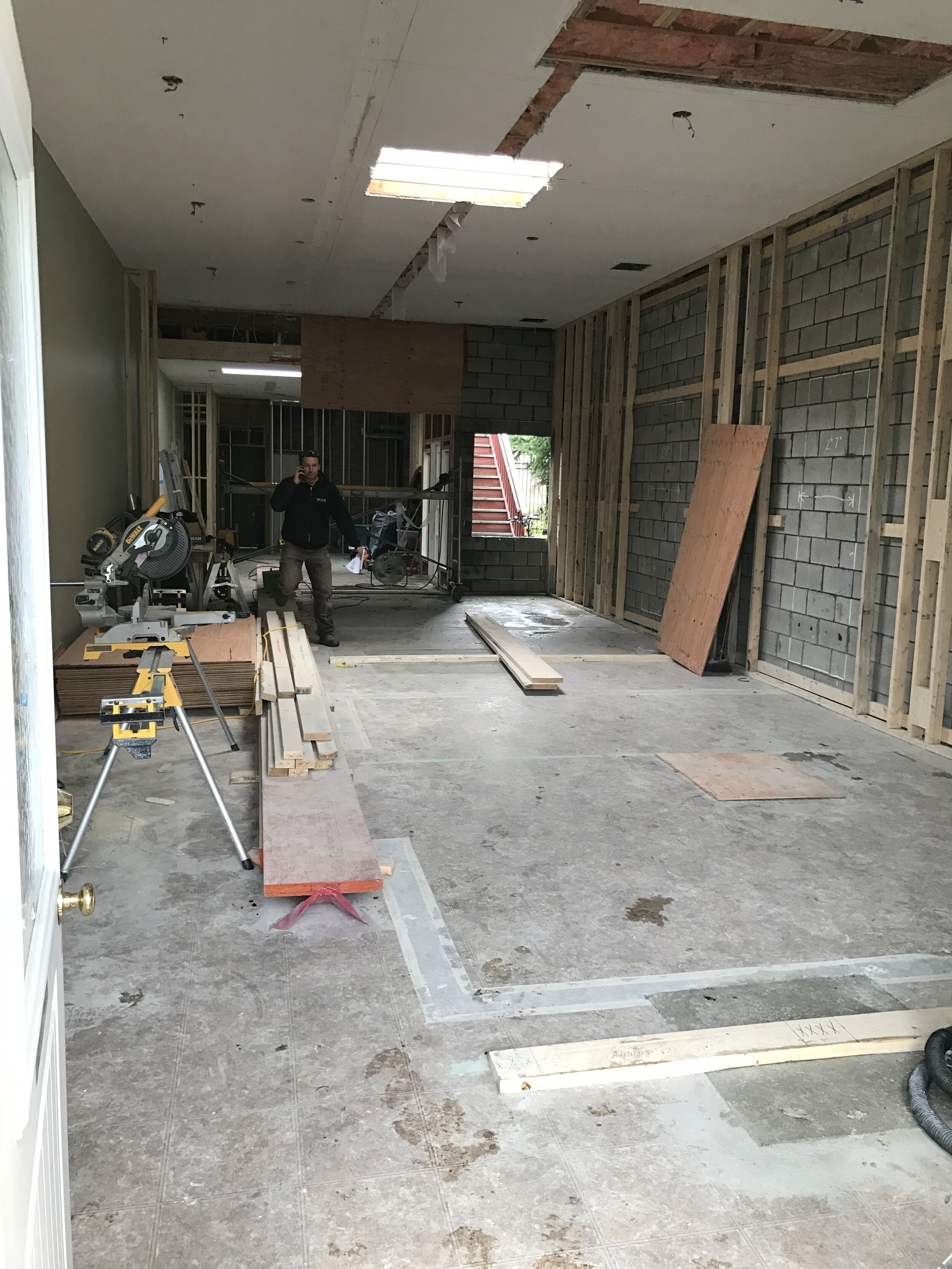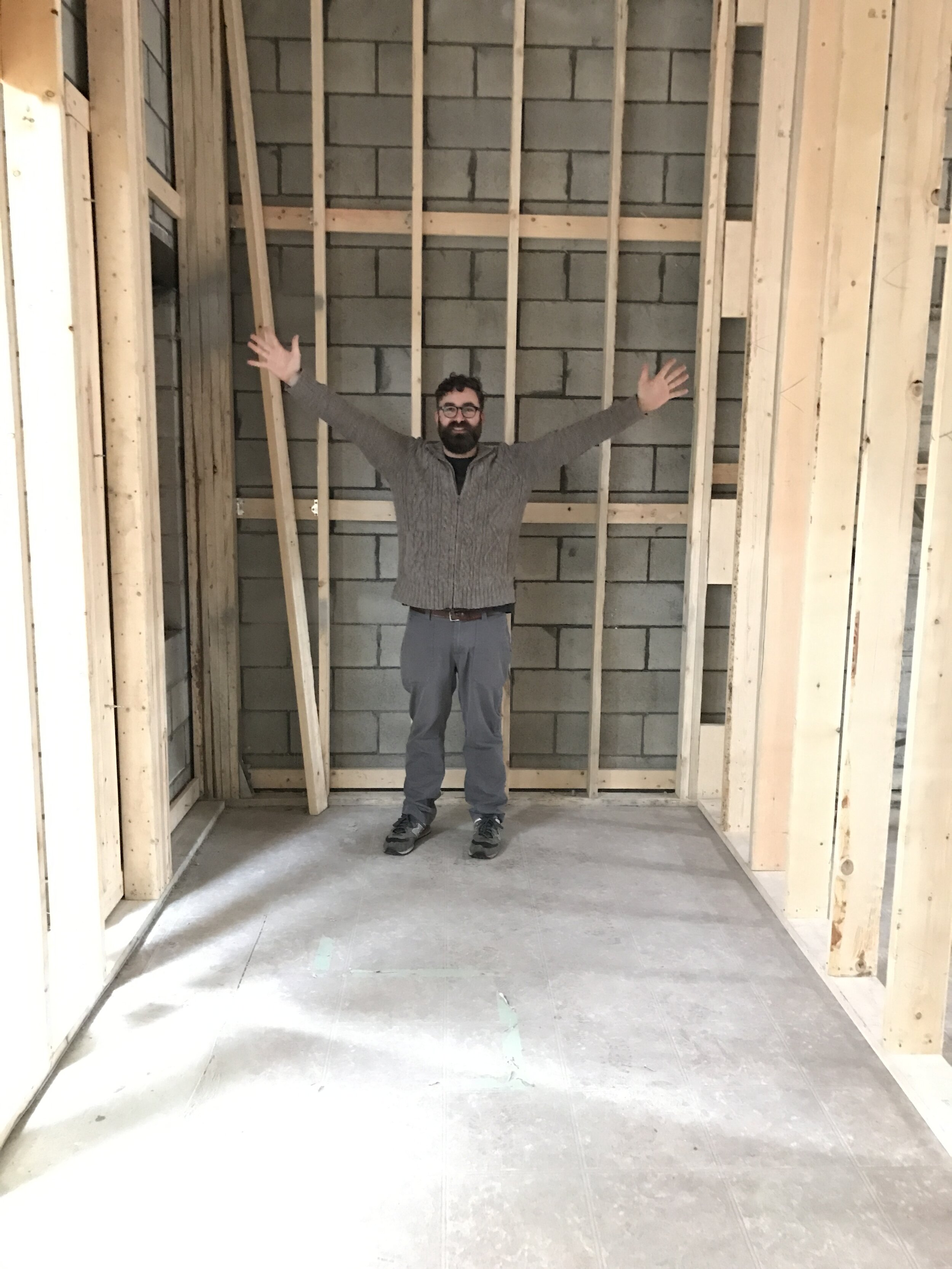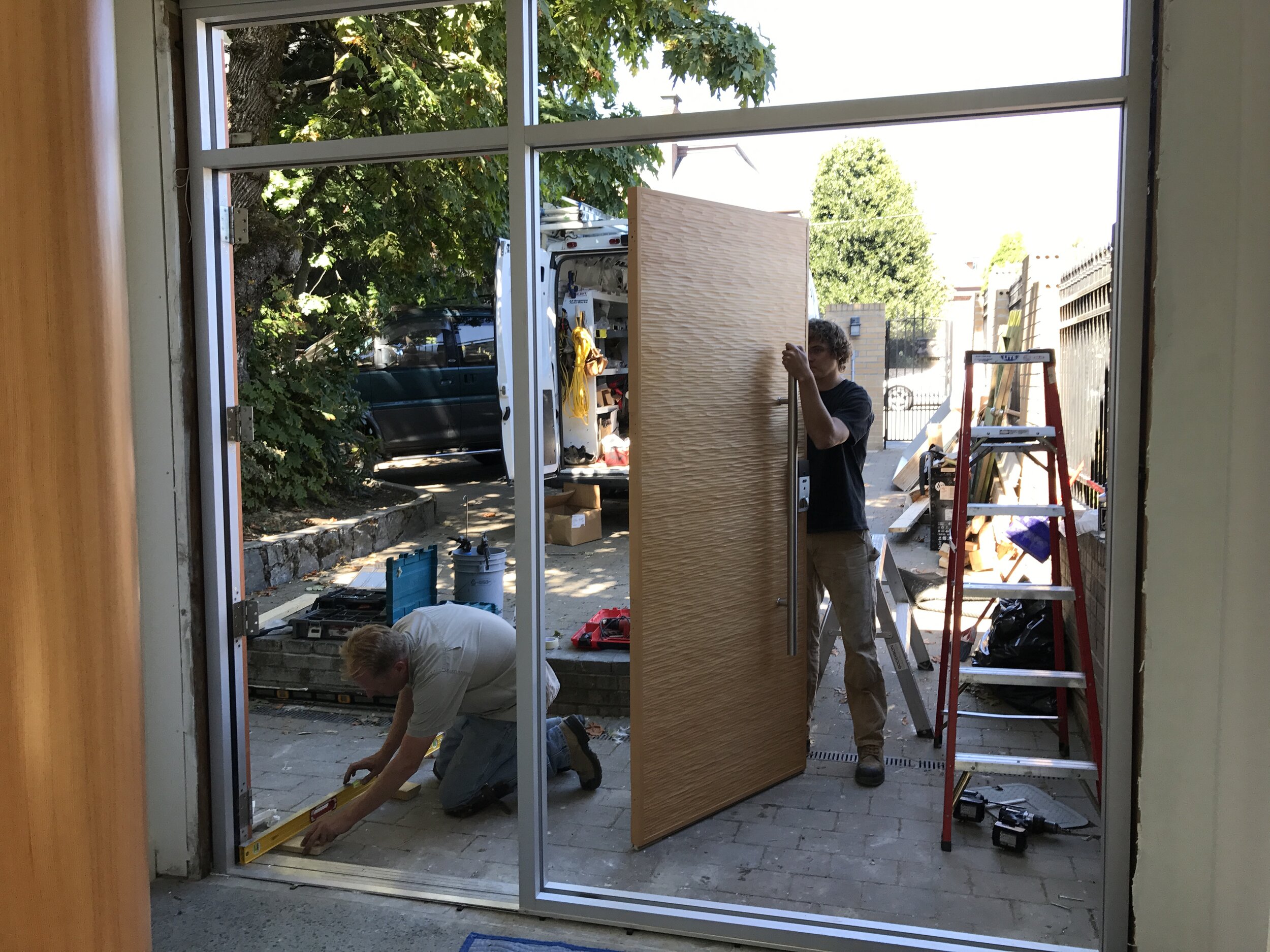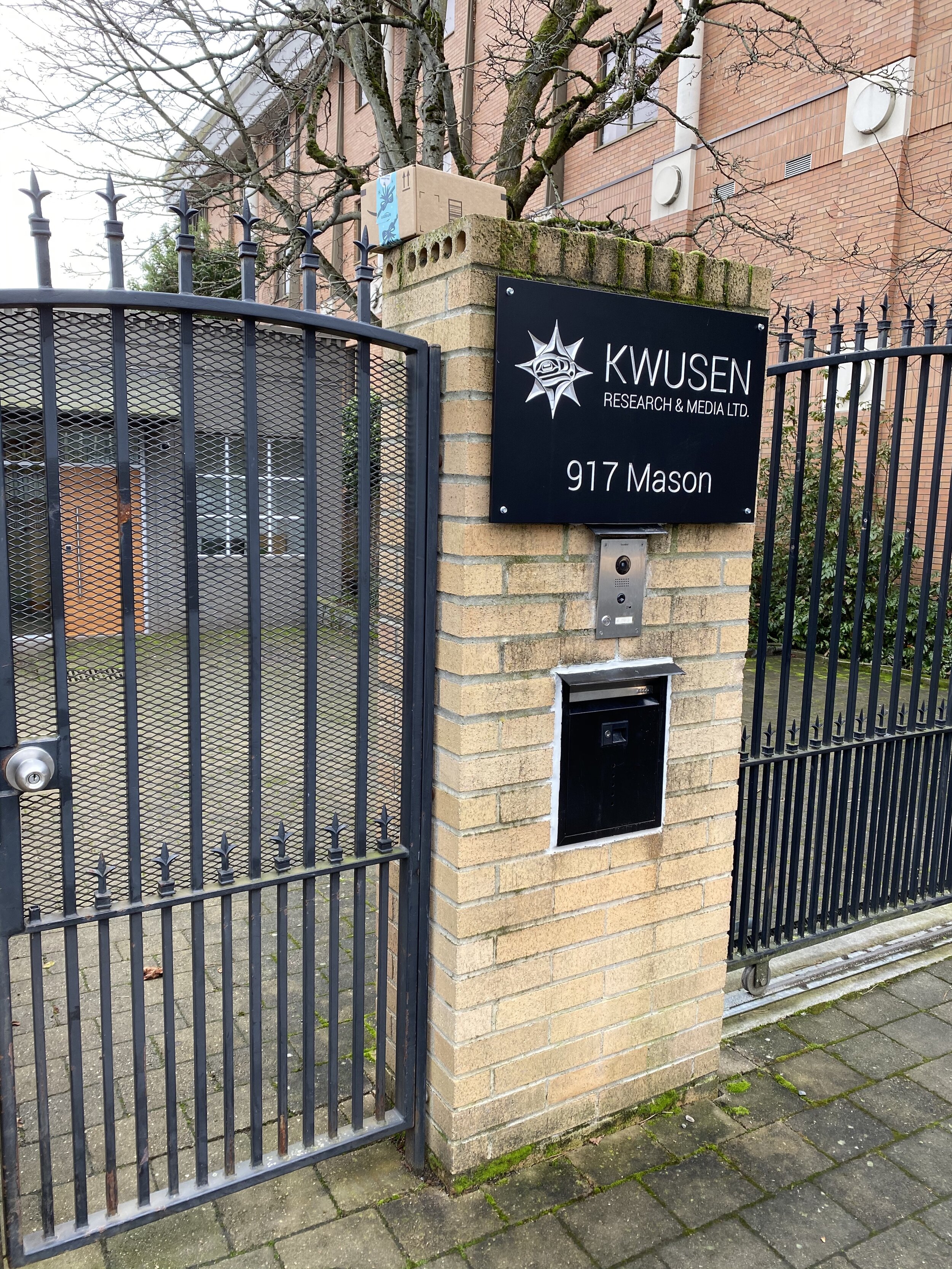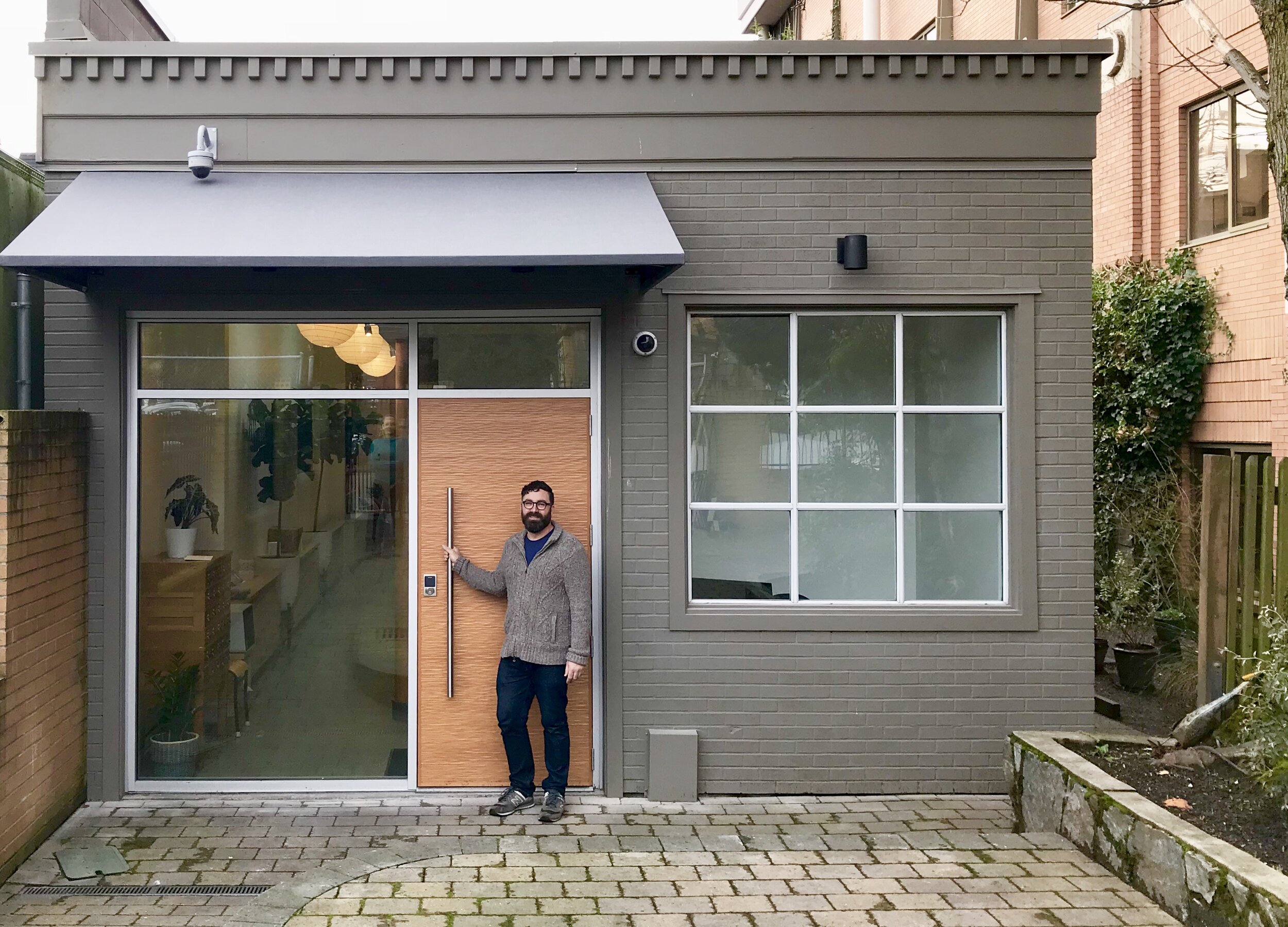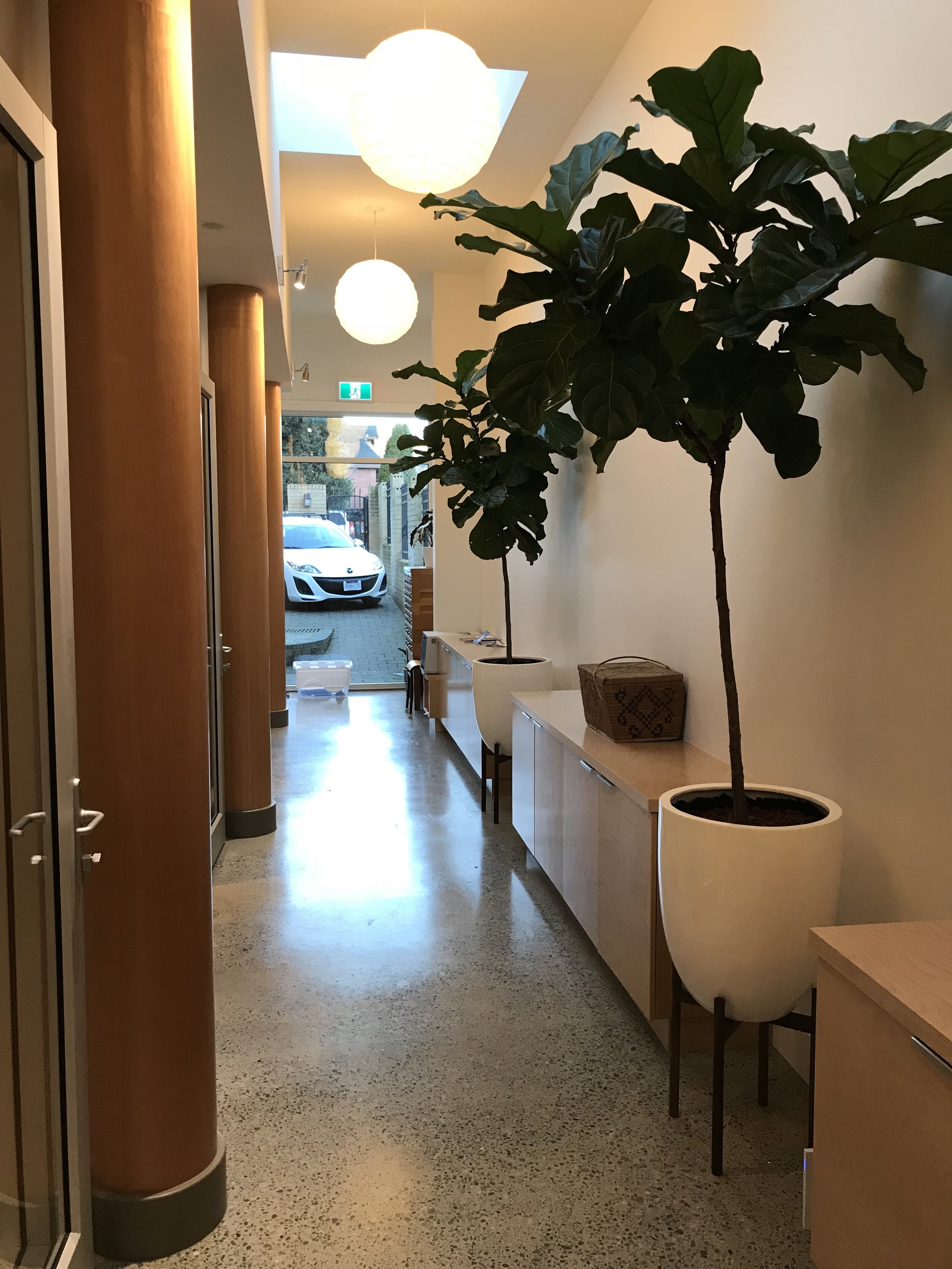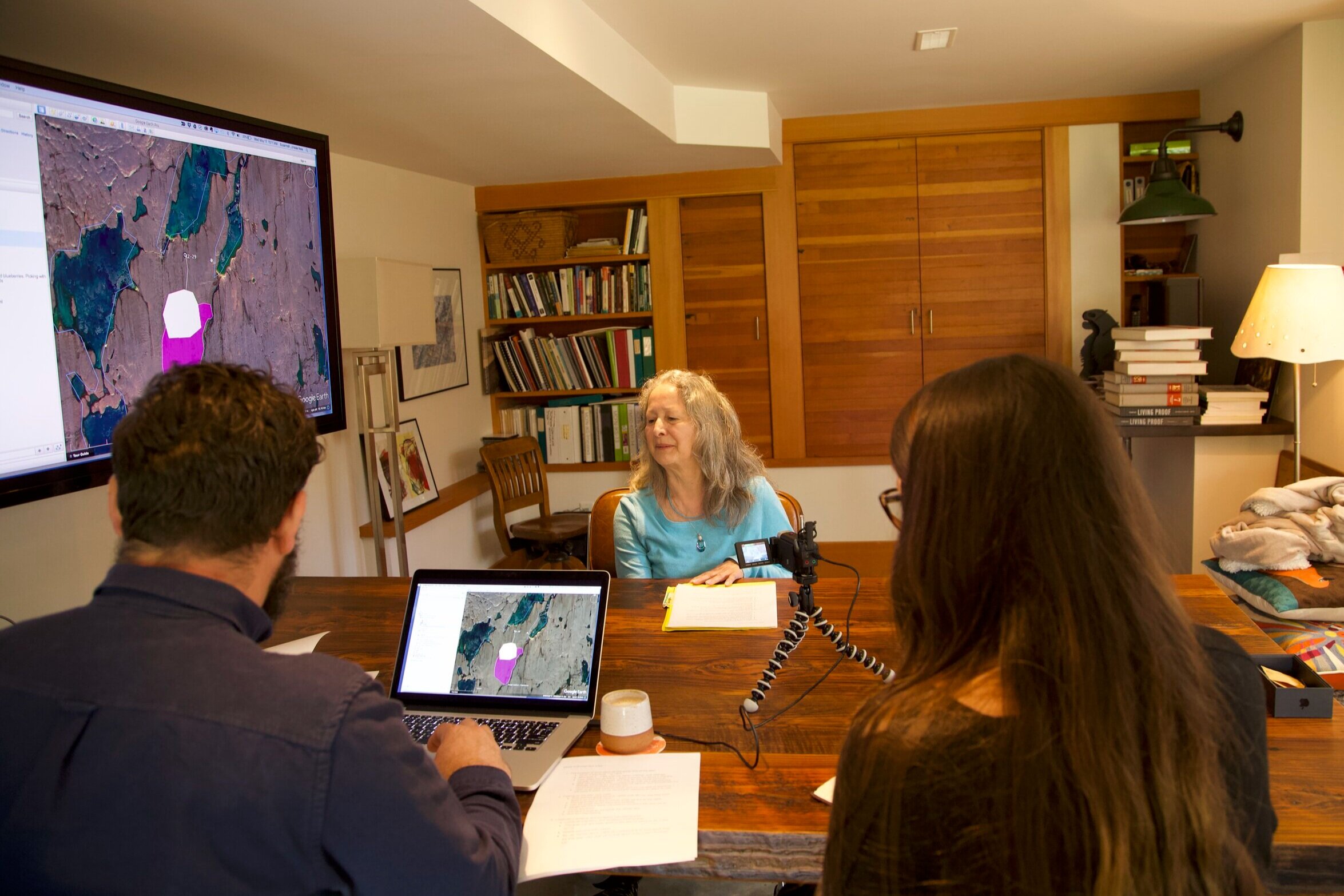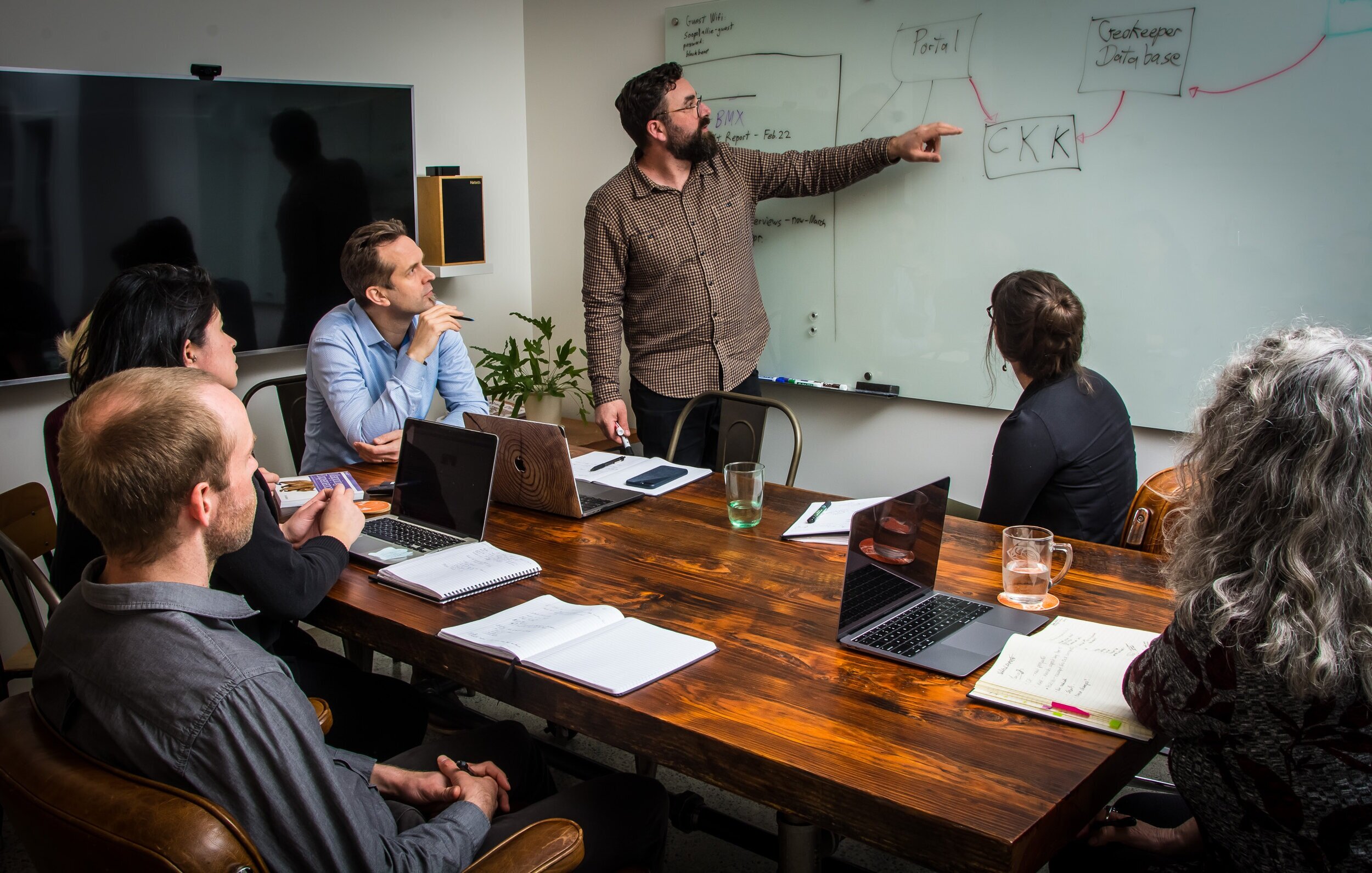Celebrating 10 Years of Supporting Indigenous Communities
10 Years in Business
Kwusen is celebrating our 10th Anniversary! As we near the end of 2020, we at Kwusen are reflecting on the company’s growth, relationships fostered, and milestones achieved over a decade of working with and for Indigenous communities throughout Canada.
Early Days
The first iteration of Kwusen Research & Media began in the summer of 2010 out of Towagh Behr’s home in Victoria, BC. Towagh (Principal/Anthropologist) was engaged by Fort McKay First Nation to conduct a Traditional Land Use Study (TLUS). Within months, Towagh was retained to conduct three more TLUS with Fort McKay, further developing his and the company’s relationship with the community and setting the foundation for the many other Kwusen—community relationships to come.
Research
When Kwusen Research and Media began a decade ago, it was primarily a research consultancy and research remains an intrinsic component of our work today. Throughout the years, the research team has worked closely with Indigenous communities to conduct dozens of Indigenous Land Use Studies (ILUS), Cultural Heritage Assessments (CHAs), and Cumulative Effects Assessments (CEA) — often relating to the impacts of industrial projects on Indigenous Title and Rights.
Our researchers have extensive experience supporting Indigenous decision-making, and have been involved in data gap analyses, archival and historical research, digitization, museum repatriation efforts, office-based interviewing, land-use mapping using GIS softwares, ground-truthing, data processing and analysis, and much, much more throughout the years.
In conjunction with our community-based research, Kwusen has also produced a number of documentary films over the years. While some, such as Moose Lake: Home and Refuge, have been publicly released, others that document impacts of specific industrial developments remain confidential.
Throughout a decade of important research, there are many reports and exciting milestones to reflect on. A particularly proud moment for Towagh and the team was when a Traditional Use and Occupancy Study (TUOS) conducted with Upper Nicola Band was cited as evidence in the Federal Court of Appeal’s 2018 decision in Tsleil-Waututh Nation v. Canada (Attorney General), which found that the Crown’s consultation with Indigenous peoples on the TMX Project was inadequate.
This year, our research team branched out and conducted a socio-economic study — the first study of this kind conducted by Kwusen researchers. Kwusen has maintained a strong focus on building capacity and training community researchers; we most recently trained two community researchers from a Nation in western BC in our full ILUS methods course, as well as in socio-economic surveying methods.
Software
Kwusen is well-known for the software tools that Towagh and his team developed with communities and saw through to production to serve each Nation's rights to access, manage, and fully control their own data. Central to this is the Community KnowledgeKeeper (CKK). While the version of the CKK that Kwusen’s current clients would recognize was first released in 2011, Towagh began scoping and designing the web-based data management and mapping system for an Indigenous community in Northeast British Columbia back in 2009 — then called the Community Information System (CIS). By 2012, five Indigenous communities had their own CKKs, and the software had become integral to Kwusen’s community-based research. Now, within a short decade, Kwusen provides subscriptions and support for the current version of the Community KnowledgeKeeper to nearly 40 Nations across Canada. We also currently support 9 Nations conducting Community Based Monitoring with our field-based data collection app, GeoKeeper, and are onboarding 8 Nations to receive consultations through our latest software offering, NationsConnect.
The Team
While Kwusen started off small and mighty in 2010, we steadily grew in both size and capacity as more and more communities were referred for our technical expertise, ethics, and unique methodologies for conducting research and repatriating information.
Kwusen’s first hire occurred shortly after the company started, when Towagh brought on a research assistant. By the autumn of 2012, Kwusen had four staff working under Towagh: three full-time researchers and a part-time bookkeeper. As business grew and more staff joined the team, Kwusen outgrew its office space in Towagh’s home and, in early 2017, expanded into the newly renovated office space on Mason Street in Victoria, BC.
Today, Kwusen is happy to have 12 dedicated full-time staff, including Towagh, with diverse backgrounds in research and technological methodologies that support Indigenous data sovereignty and governance. The team is equipped with 2 full-time researchers; 4 full-time digital and research support staff; 1 finance manager; and an expert team of 4 in-house software developers that maintain and develop iterations of Kwusen’s three main software tools: GeoKeeper, NationsConnect, and, of course, the CKK. While Kwusen is grateful for the relationship it built with Vancouver-based web development firm Affinity Bridge, we are proud to announce that as of October 2020, all software development and maintenance has become completely internal and sustained by our own software development staff.
Looking Ahead
We have big plans for the future. The team has just launched a completely rebuilt GeoKeeper app for testing, and is currently working on the development of the next version of the CKK, which will feature the tried and true tools Kwusen’s clients rely on, built on a foundation that will allow for new functionalities in the years to come. Training of clients and industrial organizations on the newly released NationsConnect, Kwusen’s new portal for consultation, is also underway.
As Kwusen reflects on the past 10 years, we also look forward to many years to come — supporting, skill-sharing with, and learning from our wonderful clients.
Since we began 10 years ago…
Kwusen has authored nearly 30 Reports that have been submitted as part of federal and provincial environmental assessment processes;
Through Kwusen-led research projects with Indigenous communities, over 300 Interviews have been conducted;
The CKKs have archived over 34,000 documents;
The CKKs have recorded and currently house over 109,000 Traditional Use values.
We are privileged to work closely with over 40 Nations across Canada in support of Indigenous decision-making and sovereignty.

